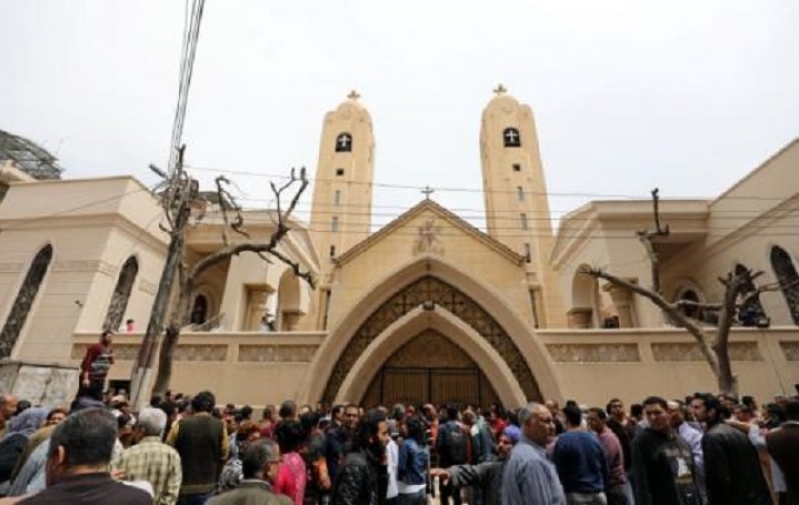
The targeted Palm Sunday bombing of two Coptic churches in Egypt left more than 40 people dead and more than a hundred injured, yet Coptic church leaders and members refuse to respond to their attackers in anger.
Avram Wahba, a subdeacon of St. George's Coptic Church in Tanta where a bomb exploded under a seat while the service was going on, said those who were responsible for the atrocity are "blind" and need to be prayed for.
"People who do this are just blind. They don't-they think that they're serving their God, but really, they're just blind," Wahba told KIRO 7. "So we pray for them."
The subdeacon admitted attacks like the one that happened on Sunday are nothing new.
"Our church has always been sort of targeted, and we're the church of the martyrs," Wahba said.
The Rev. Angelos Sarkis, who formerly served as a priest in St. George's Coptic Church for about 10 years, said he forgives the attacker and urged others to do the same. According to Sarkis' son, many of their friends were affected by the bombing, and one of his friends had died.
"It's almost fitting that when we go and celebrate resurrection in a week, that we're going to be celebrating the resurrection of Christ and remembering those also that are with him," Sarkis said.
Dick Brogden, a Christian leader in Cairo, revealed the leaders and members of Coptic churches have chosen to "turn the other cheek" and follow the example of Christ.
"They have not responded in anger or by taking up weapons. In fact from the top leadership of the Coptic church all the way down to laity, they have turned the other cheek," Brogden told CBN News.
"They have exhibited the spirit of Jesus. They have said we are willing to suffer for Jesus sake," he added.
Brogden said the Coptic church's response to the attacks, extending grace and patience instead of hatred, was laudable.
ISIS claimed responsibility for the Egyptian church bombings. Pres. Abdul Fattah al-Sisi put the country under a three-month state of emergency and deployed the military to different parts of Egypt to ensure protection.
In February, ISIS released a video warning Egyptian Christians, whom they referred to as their "favorite prey," that they will experience more attacks. The terror group also said the December suicide bombing in Cairo in December was "only the beginning" and that the "war against apostates" will continue.
"Oh worshippers of the cross ... the soldiers of the state are watching you," a masked ISIS fighter identified as Abu Zubair al-Masri said in the video.






